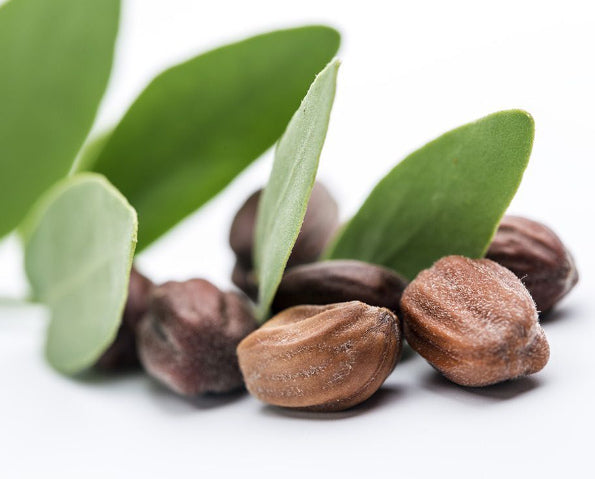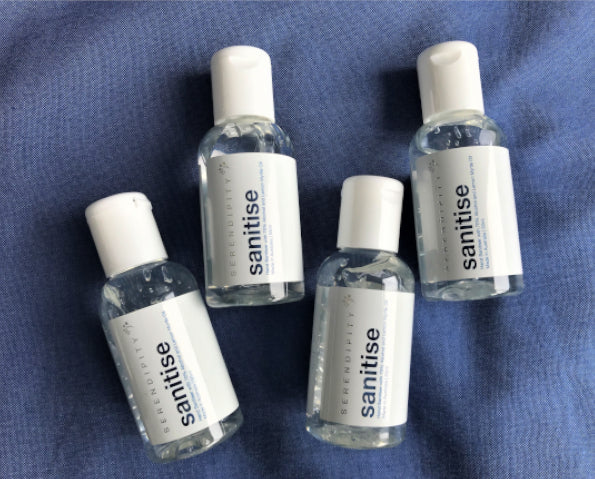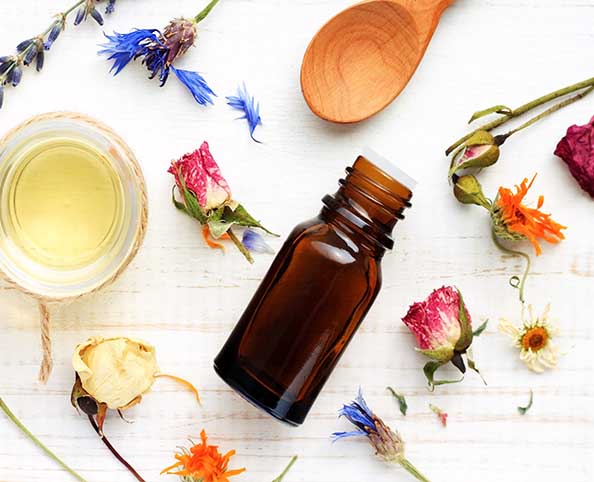
As the panic over the coronavirus outbreak escalates, it is important to remember that the inexpensive and readily available combination of soap and water are still our best defense against disease.
The shelves of Australia’s chemists and grocery stores are devoid of hand sanitisers, and those looking to exploit the shortage are offering them at premium prices online, but both liquid and bar soaps are still easy to come by and are more effective, say the experts.
"The humble act of washing with soap and water, followed by drying with a clean towel is the gold standard," says Elizabeth Scott, an expert in home and community hygiene and professor at Simmons University. "Hand washing with soap employs mechanical action that loosens bacteria and viruses from the skin, rinsing them into the drain."
The drying that follows makes the skin less hospitable to the bacteria and viruses that can make us sick.
Evidence suggests the novel coronavirus is transmitted through droplets from sneezing or coughing that can land on anything, from computers to tabletops to door handles. The virus can live on different types of surfaces for hours or even days, and if you come into contact with something contaminated by a droplet and you touch your face, you’re at risk.
The pathogen itself is encased in a lipid envelope, or layer of fat. Soap works by destroying that layer of fat, making the virus less capable of infecting you. Hand-washing can also remove pathogens from dirty hands.
Soap contains fat-like substances known as amphiphiles, which are similar to the lipids in the virus' envelope, according to Scott. These amphiphiles compete with the lipids in the virus envelope and deactivate the virus.
While bar and liquid soap are both equally effective, bar soap should not be used in public places, says Scott. Bar soaps are for home only, and shouldn't be used by people with skin infections.
Hand sanitizers with an alcohol content that is greater than 62% can also destroy these lipid membranes, according to Scott. But they are ineffective against non-enveloped viruses, like norovirus and rhinovirus, which are variations of the common cold. Plus, they provide none of the virus-destroying friction that rubbing your hands together and rinsing provides.
According to the CDC, it doesn't matter whether you use hot or cold water, and there is no added benefit to using antibacterial soap.
"Using soap to wash hands is more effective than using water alone because the surfactants in soap lift soil and microbes from skin, and people tend to scrub hands more thoroughly when using soap, which further removes germs," says the CDC.
To wash your hands, lather them with soap and scrub for at least 20 seconds. Make sure to focus on places people tend to forget; the back of your hands, between your fingers, and under your nails, where microbes tend to build up. Rinse under clean running water and dry with a clean towel, as germs can easily be transferred to and from wet hands.
So instead of scouring the shelves for hand sanitizer, next time stock up on soap, and wash for 20 seconds.


